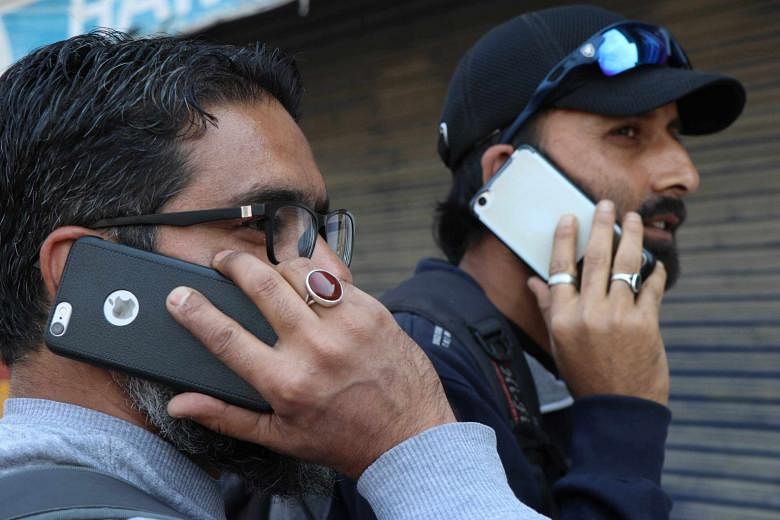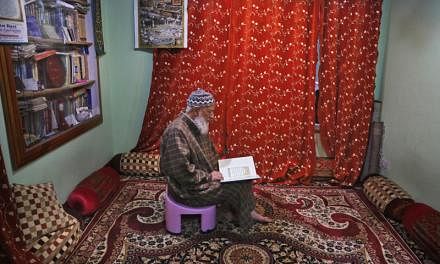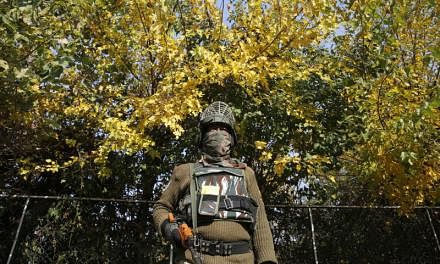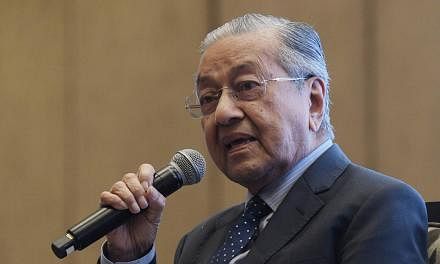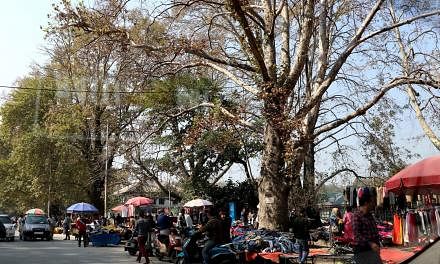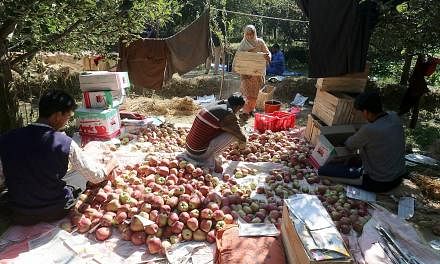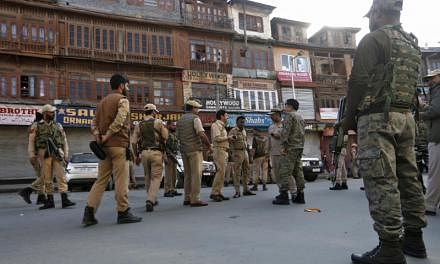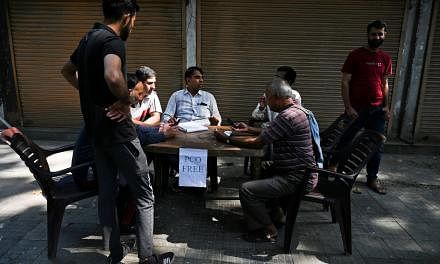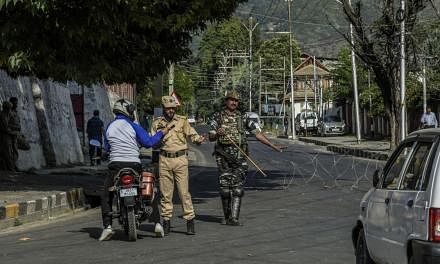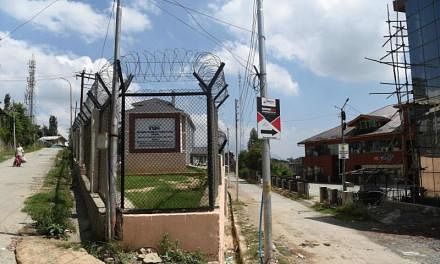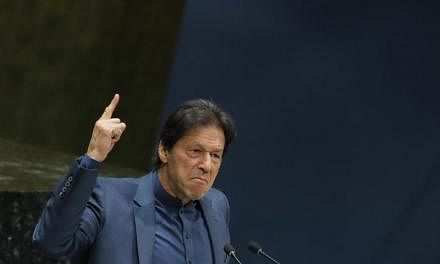SRINAGAR - Kashmiris on Monday (Oct 14) congratulated each other as mobile phones started ringing again, as two months of a communication shutdown was lifted.
The Indian authorities had blocked mobile phone calls fearing backlash after Kashmir was stripped of its special status by the government.
The mobile phones started ringing again as the government partially lifted restrictions which were put in place on August 5.
But Internet service and pre-paid mobile phones remain blocked.
According to the authorities in Kashmir, there are some four million post-paid phone connections in a population of around six million.
This means that a sizeable chunk of the area's population still do not own mobile phones, or use pre-paid phones.
Mr Umais Qureshi, a local businessman, congratulated people around him. "Mubarak, mubarak," he said. Mubarak means congratulations.
But he remained angry that communication lines had been cut in the first place, impacting his business and daily life.
"Getting it back is not a privilege. I can't celebrate, the loss (of business) has already happened. My business runs on communication," said Mr Qureshi. "Mobile phones are a basic need."
Mr Qureshi has been unable to update his Goods and Services Tax account which needs both an Internet connection and phone connection to generate a password.
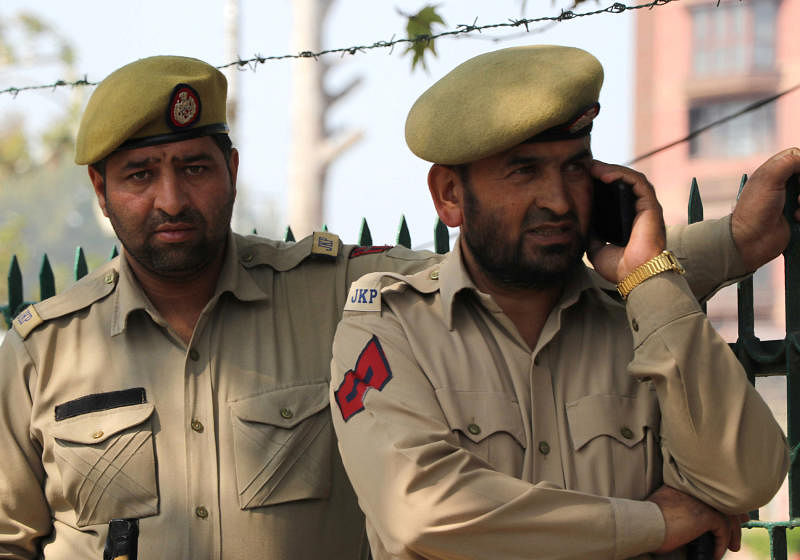
According to the Kashmir Chamber of Commerce, the shutdown cost Kashmir around US$1.4 billion (S$1.92 billion) with a range of activities including trade to tourism being hurt.
Still, people on the streets could be seen making calls and asking each other if their phones were working, as cellular companies started lifting restrictions from 12pm local time.
The Indian government on August 5 removed special status for Jammu and Kashmir, which defined the relationship of the area to the rest of the country.
At the same time, the government cut Internet services and phone connection in what officials said was to prevent an outbreak of large scale violence and an upsurge in militant activity.
Over the last three weeks, the government has been loosening the communication blockade. Six weeks ago phone landlines were restored.
And on Monday, all post-paid connections were working.
But the Internet and pre-paid mobile phones remain blocked.
It was not just the people of Kashmir who are relieved by the return of the mobile network.
Soldiers on duty in Srinagar, the capital city of Kashmir, were relieved at the partial restoration of mobile phones.
"My first call was to my wife. Earlier we would stand in a line at Central Reserve Police Force PCO (public call offices) and speak for barely two minutes. I spoke to her for as long as I wanted from my phone," said a soldier of the CRPF who was not authorised to speak to the media.
The government in a press statement on Saturday had announced that it would be partially lifting restrictions on phones from Monday.
It said that the restrictions were imposed "to prevent externally aided terrorists from disturbing the peace and inflicting casualties on innocent citizens".
"Since 16 August, there has been a gradual removal of the restrictions that were imposed... Telephone landlines have been fully restored and are functioning for over six weeks. Mobile phone facilities were restored in Jammu And Ladakh," noted the statement.
Ladakh is a part of Jammu and Kashmir. The area is now being carved into a separate union territory of Ladakh.
Yet in Srinagar, the capital city, many shops remained shut and students stayed away from schools and colleges, while public transport still kept off the streets.
Kashmir is at the heart of a conflict between India and Pakistan.
An armed insurgency that started in 1989 has led to death of thousands of people. And in recent years there has been a deterioration of law and order with the youth taking to stonepelting against security forces.
For some the communication blockade continued.
Mr A Hamid, a school teacher, said that he was disappointed that the government had not lifted restrictions on pre-paid phones.
"I don't have a post paid phone. So this move doesn't make a difference to me. I still can't contact my family when I am out of the house."
